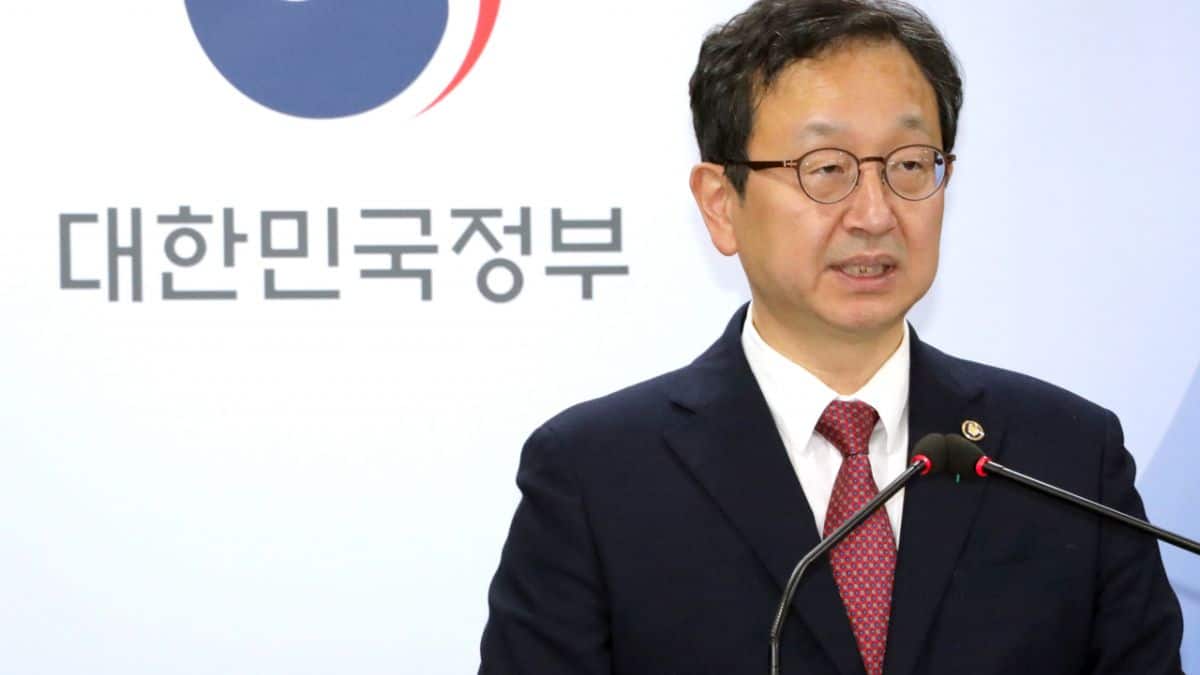The Vice Chair of South Korea’s Anti-Corruption and Civil Rights Commission (ACRC) has offered to resign in the wake of the death of a senior official, sparking intense public scrutiny and concern over the agency’s internal dynamics. The official, who was responsible for overseeing high-profile investigations, including those involving politically sensitive figures like First Lady Kim Keon-Hee, was found dead in his apartment in Sejong City on August 10, 2024.
The senior official’s death, which authorities are investigating as a suicide, has sent shockwaves through the ACRC and the broader political landscape. The official, who had been under significant psychological pressure due to the sensitive nature of his work, reportedly left a suicide note. He had confided in a friend about feeling immense pressure from senior ACRC officials to close the investigation into the First Lady, a case that had drawn considerable public attention.
In response to the incident, the Vice Chair of the ACRC, who had worked closely with the deceased official, submitted his resignation, citing personal responsibility for the tragic event. The resignation has not yet been accepted, but it underscores the growing internal tensions within the agency, which has been at the forefront of investigating corruption and upholding integrity within the government.
The incident has also prompted calls for a thorough review of the working conditions and pressures faced by officials within the ACRC. The agency, already under the spotlight for its handling of sensitive cases, now faces increased public and political scrutiny. President Yoon Suk-Yeol’s administration, which had recently appointed new leadership within the ACRC, is expected to face questions about the agency’s internal culture and the support systems available to its officials.
The situation remains fluid, with the ACRC expected to make further announcements in the coming days. The death of the senior official and the Vice Chair’s offer to resign are likely to have lasting implications for the agency’s operations and its role in South Korea’s ongoing efforts to combat corruption.

